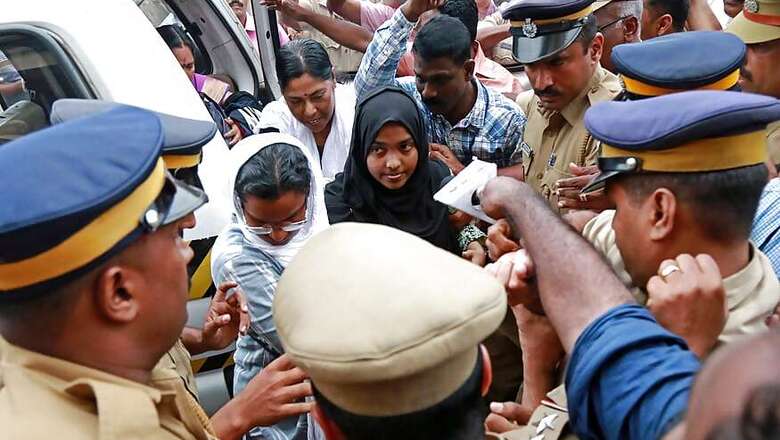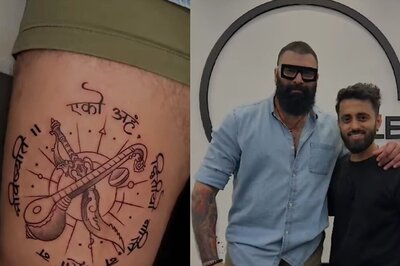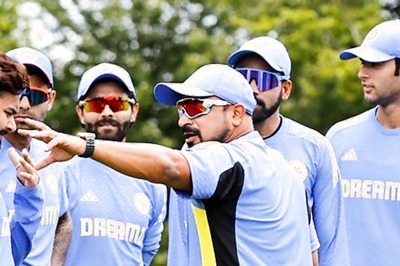
views
New Delhi: The Supreme Court is set to hear the Kerala ‘Love Jihad' case again on Thursday — 10th hearing in the last seven months.
In the past four hearings, the bench headed by Chief Justice of India Dipak Misra has observed repeatedly that an adult woman has an absolute right to make choices in her life and that she cannot be kept in her parents' custody.
The bench has further questioned how a marriage could be nullified by the High Court when the petition before it was a habeas corpus plea, moved by the father to trace his daughter and bring her before the court.
The apex court has not examined any of the three investigation reports submitted so far by the National Investigation Agency (NIA), which was directed by the bench in August (when Justice JS Khehar headed this bench as the CJI) to start its probe into the 'pattern' of converting young girls to Islam.
Therefore, the big question that lies ahead of the hearing on Thursday is if the Supreme Court will now stay the HC order, thereby restoring the marriage of 25-year-old Hadiya, who has become the centre of a controversy after she converted and married Shafin Jahan, a Muslim man, when her father's habeas corpus petition was being heard by the HC.
The woman has already appeared before the bench and expressed her wishes to let her live her life on her own terms — - practise Islam and go with the man she loves.
On Monday, she filed an affidavit, maintaining that she is a Muslim and would want to live like one and that the apex court must restore her liberty.
In the wake of the observations made by the court on last four occasions and the latest affidavit, there seems complete justification in at least staying the HC order immediately, if not setting it aside completely due to the some other developments.
The court has looked prima facie convinced that the HC could not have annulled the marriage and that sending her to the custody of the parents was not a tenable order.
It is why after the woman was interviewed by the judges in the open court, the bench decided to take her out of the parental custody. She was asked to complete her medical studies by residing in a hostel. No restriction was imposed on her meeting the man she married.
Additional Solicitor General Maninder Singh's plea to examine the NIA report has only been deferred on each occasion.
When the ASG emphasised that the probe was being carried out by the agency not on its own but under the order of the Supreme Court, the bench retorted that no probe can take place into a marriage. It added that the bench would not say anything on the other aspects of the NIA probe at this stage, but it was clear that the woman's marriage was outside the ambit of any investigation.
Considering all these strong observations and interim order, it would be completely justified if the Supreme Court stays the Kerala HC order of last year. Such an order would provide legal force to the stand taken by the woman, and will sit well with the observations made by the top court regarding her rights as a free individual.
A stay would also connote that the top court has found prima facie fault with the HC order and thus the legal reasonings why the HC orders have been altered.
Most importantly, observations will remain just observations until they are backed by a just and fair order in law. The Supreme Court has always sent the right signal about its role as a protector of rights by issuing orders, and not by merely making remarks that otherwise have no standing in law.



















Comments
0 comment